Vulnerability
A person can become vulnerable at any time for a variety of reasons. It’s important to remember that vulnerability is something that can affect us all and it is not always permanent. People can become vulnerable through many changes to circumstances including: illness, loss of employment, divorce or even the sudden acquisition of wealth.
Vulnerability comes in many forms and we are committed to treating everyone as an individual, with a bespoke approach to each person’s situation. There’s no ‘one size fits all’ when it comes to how we treat our clients.
If you or a loved one happen to be vulnerable, you need to be confident that the people who support and advise you fully understand the consequences.
Confidentially notify us of your vulnerable circumstances
Use the form below if you would like to let us know of any potential vulnerability you may be experiencing. Disclosures will always be treated in the strictest confidence and allow us to make any adjustments needed to ensure you receive the highest level of service possible.
We welcome face to face disclosures as well as telephone, email or paper based via a dropbox in our office if you prefer, whatever makes you most comfortable.
You can also use the form below to request information about signposting. Our Community Engagement Manager, Amy Wood is always happy to help both clients and non-clients to access support available. She is happy to chat over email, phone or a cup of tea - whatever makes you feel most comfortable!
Please don’t hesitate to get in touch if you would like to discuss anything.
Regular training
Our entire team undertake rigorous training to ensure we understand vulnerability as much as we can and that we are executing best practice to provide all of our clients exemplary service at all times.
We promise to continue to look for ways we can improve.
Transparent
If you have any questions about how we approach vulnerability, please let us know. We’re happy to talk through any concerns and requirements you may have.
Commitment
We have signed the Financial Vulnerability Taskforce Charter which sets out how professionals who commit to it are expected to work with customers in vulnerable circumstances. You can access the full guide here.

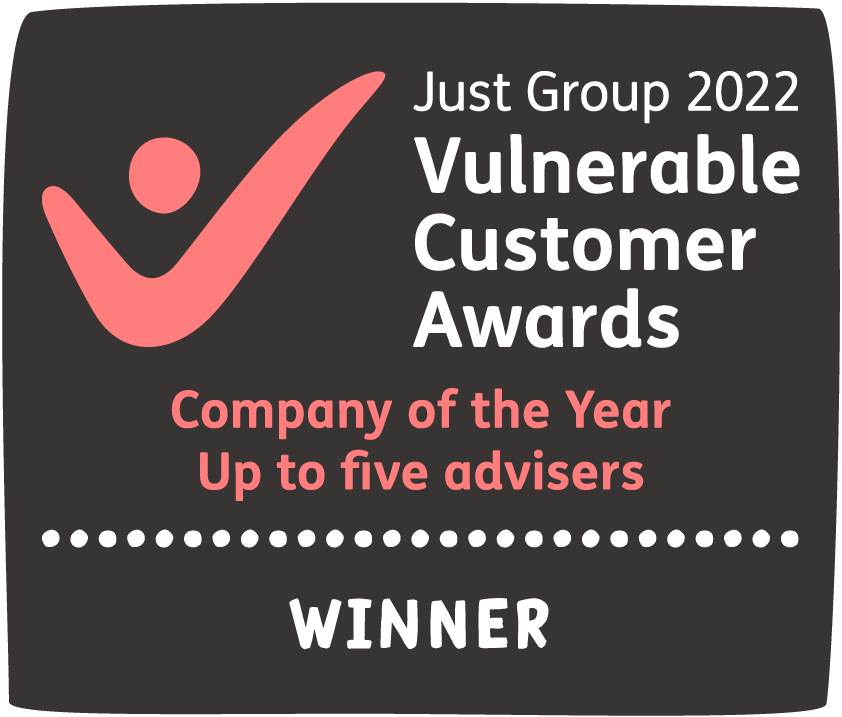
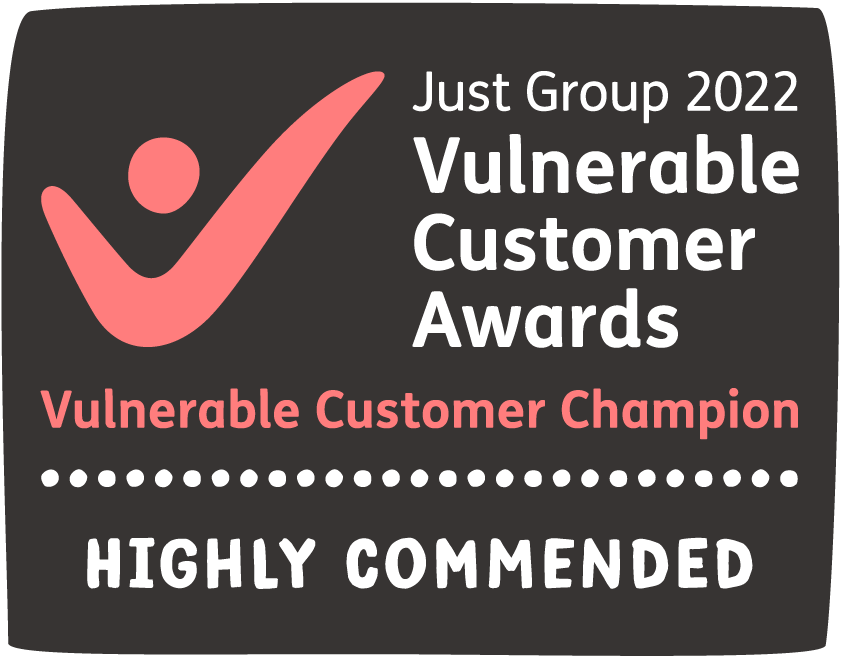
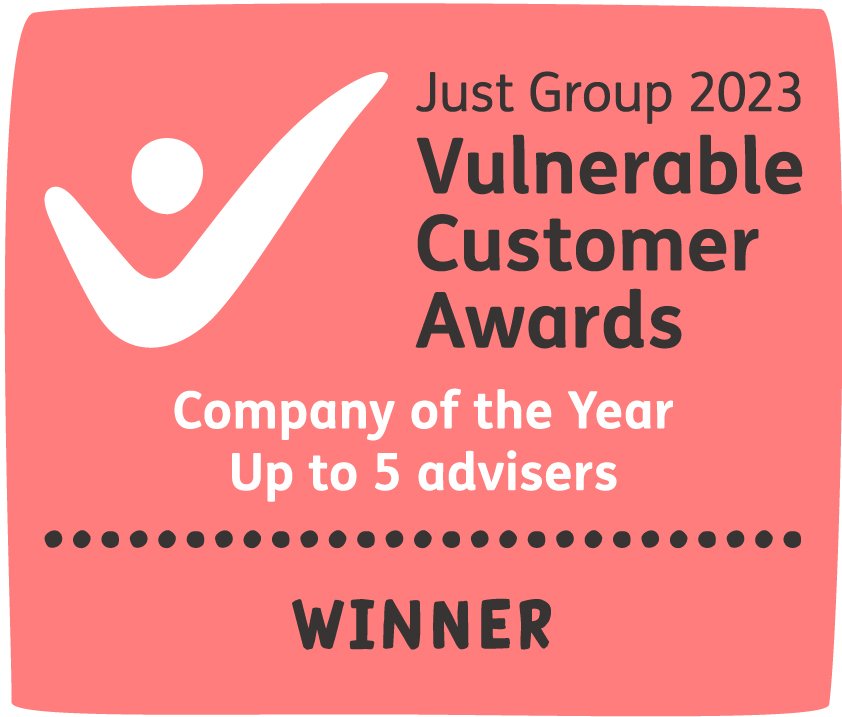
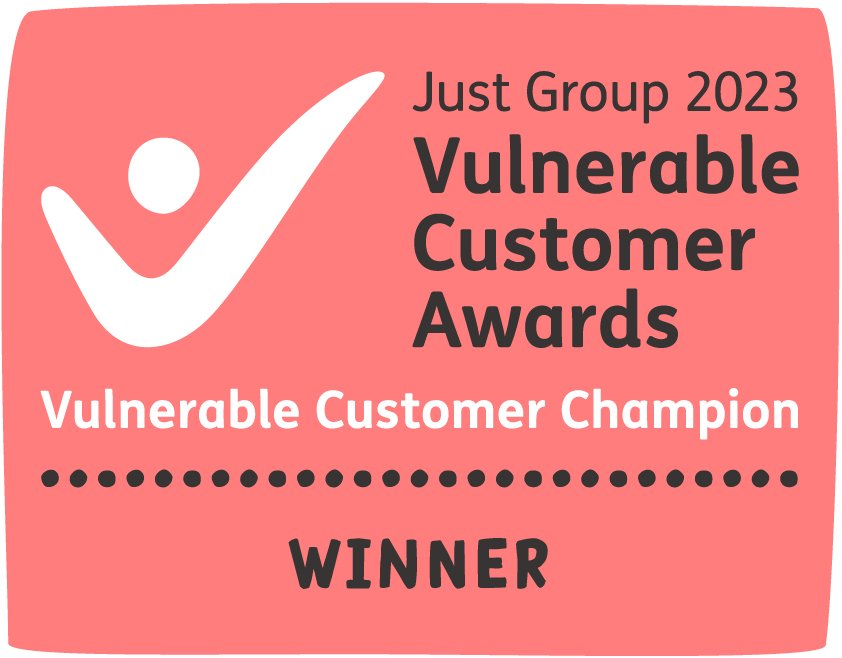
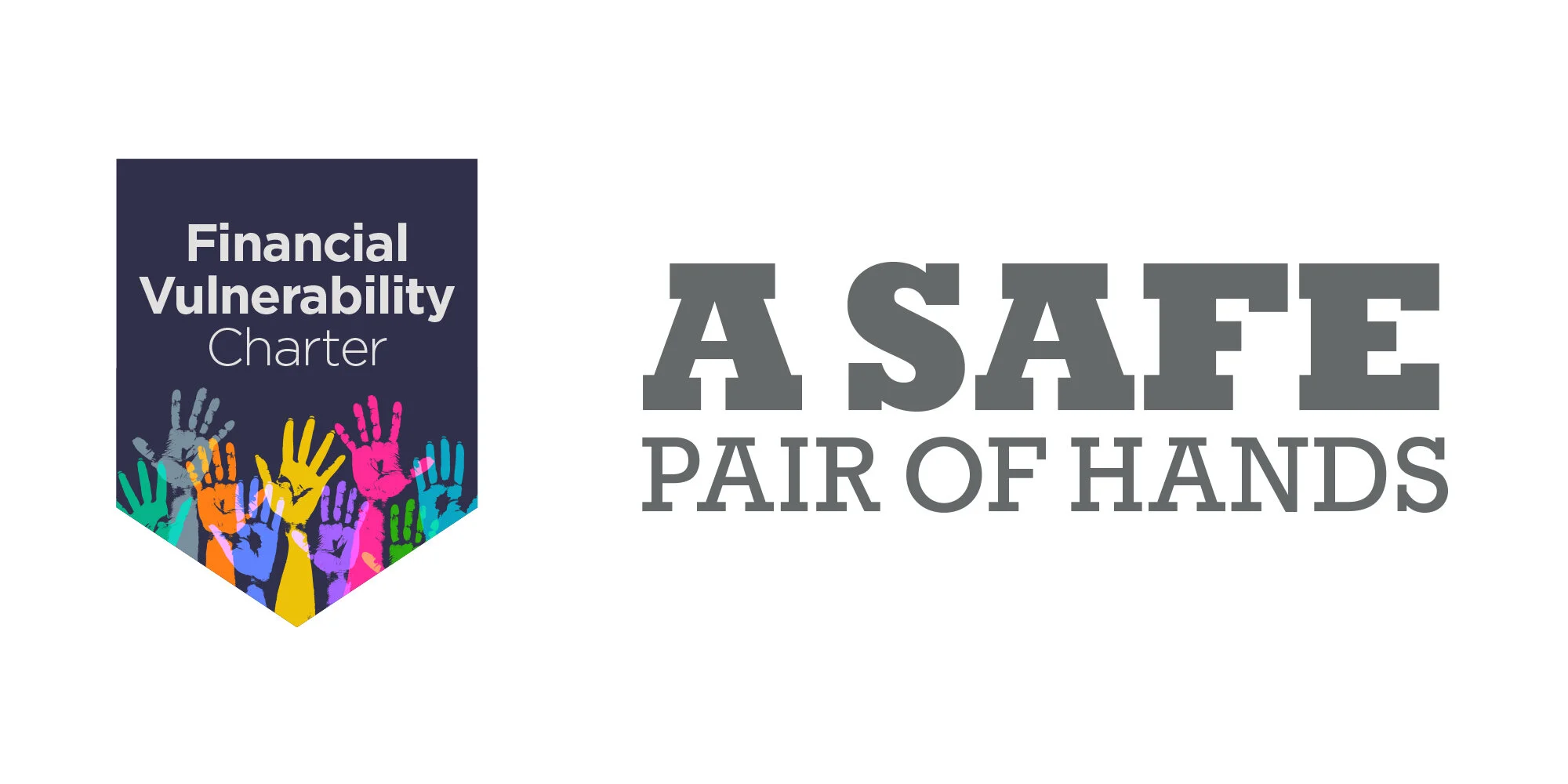
We recognise that people not familiar with using professional services may experience stress or anxiety when doing so, making them more dependent upon us for our specialist knowledge. This increases our moral duty to provide a safe pair of hands, in addition to our professional obligations to act in a client's best interests.
We accept that clients in vulnerable circumstances are potentially at increased risk of detriment, placing greater significance on our professional obligation to use all reasonable endeavours and place our clients’ interests above our commercial interests.
We commit to ensuring that at the earliest opportunity we will explain to clients what will happen during the delivery of our services and how much it is likely to cost at any given point. We will then keep them up to date, so they understand what is happening at any given moment.
We recognise that vulnerabilities can be physical, mental or emotional (knowingly or otherwise), are dynamic in nature (short lived or longer term, sometimes permanent, transient, recurring or fluctuating over time) and may be hidden.
We treat all our clients and potential clients in a way that encourages equality of opportunity and respect for diversity, regardless of their identity, age, gender, gender reassignment, race, sexual orientation, disability, religion or belief. We also guard against making assumptions about individuals.
We believe language and terminology are important. Vulnerability relates to circumstances and not a category of person. As such we will use descriptions such as ‘those in vulnerable circumstances’ instead of ‘vulnerable individuals’ except when referring to individuals or groups of individuals where the nature of their vulnerability is permanent. We also commit to using clear, and wherever possible jargon free language.
We recognise that those in vulnerable circumstances are often unaware of their vulnerability and if they are aware, might not acknowledge it nor wish to be described as vulnerable. We therefore accept our heightened professional obligations towards these clients including the need for raised awareness, greater sensitivity and additional competencies.
We seek to recognise clients in vulnerable circumstances and encourage all to self-declare, safe in the knowledge that we will:
Adapt our professional services and supporting business processes so they do not suffer detriment at any point as we seek to deliver outcomes at the same level as for those who are not in vulnerable circumstances.
Maintain confidentiality and ensure our behaviours and actions are fully compliant with all relevant legislation and data protection rules.
Embed the above as our customary way of dealing with clients, and not simply as a tick box exercise.
We seek to enable all members of our organisation to deal compassionately, empathetically and effectively with those in vulnerable circumstances by raising awareness of vulnerability and by providing training in appropriate methods of engagement and the effective discharge of our professional services.
When we encounter clients in vulnerable circumstances and recognise that they may be in immediate danger of significant abuse or harm, or may need immediate support, we will take action to contact the appropriate authorities to mitigate the risks they face.